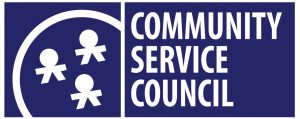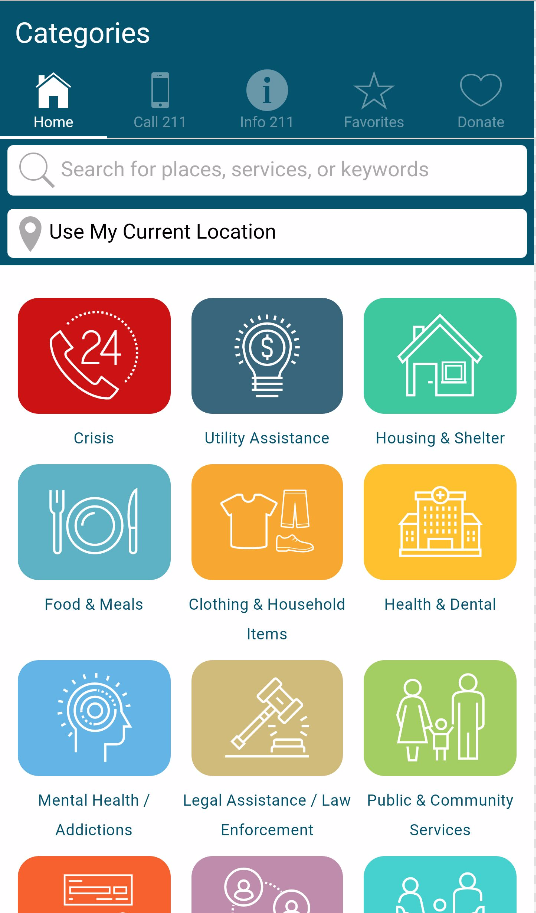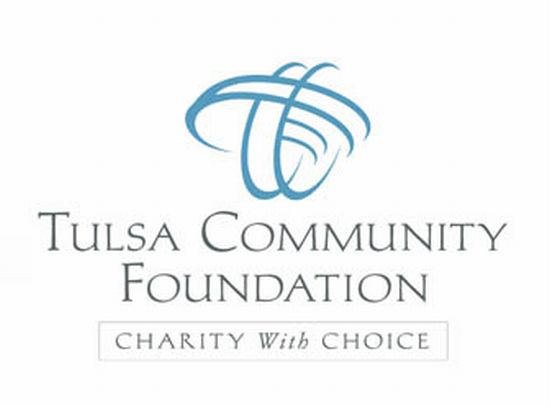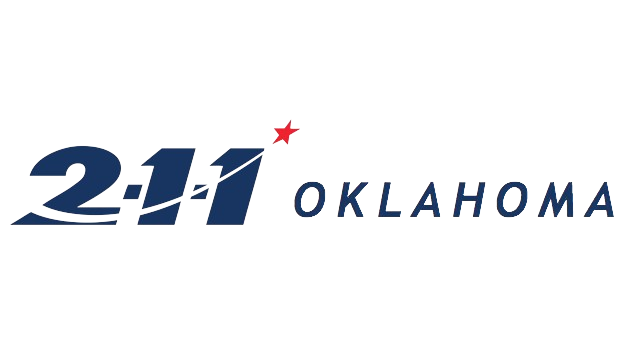This is a guest post from Aaron Bean of Asemio. Welcome, Aaron!
We’re pleased to introduce the first iteration of the Oklahoma Open 2-1-1 project, which is leveraging the Ohana platform and the Open Referral format to make it easier for Oklahoma residents to find and share information about community resources that can help improve their lives.
 This is just an initial demonstration of a major initiative that dates back several years. A wide range of stakeholders across many sectors in Tulsa and our surrounding region have been developing a shared assessment of the complex nature of our social problems, and we have recently coalesced around a common goal: to understand and reduce disparities in health outcomes by race, class, and gender through a holistic view of the various community systems that serve individuals and families. (See our whitepaper PDF here.)
This is just an initial demonstration of a major initiative that dates back several years. A wide range of stakeholders across many sectors in Tulsa and our surrounding region have been developing a shared assessment of the complex nature of our social problems, and we have recently coalesced around a common goal: to understand and reduce disparities in health outcomes by race, class, and gender through a holistic view of the various community systems that serve individuals and families. (See our whitepaper PDF here.)
Toward this goal, we seek to answer the question of how we can better align and integrate the various resources in our community that might help solve complex social problems.
 In response to this question, an innovative partnership was formed among Asemio, Tulsa Community Foundation’s 501tech program, the Anne and Henry Zarrow Foundation, and the Community Service Council of Oklahoma’s 2-1-1 Helpline program.
In response to this question, an innovative partnership was formed among Asemio, Tulsa Community Foundation’s 501tech program, the Anne and Henry Zarrow Foundation, and the Community Service Council of Oklahoma’s 2-1-1 Helpline program.
Early on in this project, 501tech identified that information about community resources was critical for our objectives. We needed reliable, reusable community resource directory data—both to make it easier for members of our community to connect with service providers and to assess the overall strengths and weaknesses of our service sectors when it comes to meeting our community’s needs.
We searched for a common community directory that would allow service providers to manage their service eligibility, availability, and administrative information—and discovered that our state’s 2-1-1 provider was a natural choice.
 Oklahoma 2-1-1 Helpline is a statewide collaborative program of the Community Service Council in Tulsa and Heartline in Oklahoma City. Throughout more than a decade of operation, 2-1-1 services in Oklahoma have proven to be an integral component of our community’s social service system. Oklahoma’s 2-1-1 staff diligently curates data regarding more than 15,000 services across the state, helping more than 20,000 households navigate their way toward helpful resources each month.
Oklahoma 2-1-1 Helpline is a statewide collaborative program of the Community Service Council in Tulsa and Heartline in Oklahoma City. Throughout more than a decade of operation, 2-1-1 services in Oklahoma have proven to be an integral component of our community’s social service system. Oklahoma’s 2-1-1 staff diligently curates data regarding more than 15,000 services across the state, helping more than 20,000 households navigate their way toward helpful resources each month.
However, aside from 2-1-1’s call center and their website—which was rather dated by modern design standards—this resource directory data system was a “black box.” 2-1-1’s invaluable resource directory information was inaccessible by any other systems, posing serious challenges to payers, service providers, and their clients.
2-1-1’s founding vision was that of a state-wide information network that could facilitate referrals across a broad array of service systems. Recently, however, the demands of operating a 24/7 call center service left the Helpline with few resources devoted to the work of innovation. So 2-1-1 was eager to see this partnership help bring its original vision to fruition.
Fortunately, the Tulsa Community Foundation’s 501tech program successfully raised the funds to “free the data” from 2-1-1’s proprietary software, and subsequently worked with Asemio to make it available to the community.
Our objective was to make this community resource data more available—through a new and improved website, as well as a native mobile application on IOS and Android. With the transformation work to free the data from the black box of the current system completed, we would then be able to make it available as a resource accessible through a broader range of possible community initiatives.
§
We were in the early planning phases of this project when Donnie House, 2-1-1 Helpline Program Manager, learned about the Open Referral Initiative at the 2016 conference of the Alliance of Information and Referral Systems.
We had identified early on in the project that data standardization was a key component of our long-term success. Open Referral turned out to be precisely what we were looking for: a standardized means by which we could make information about Oklahoma’s community resources easier to navigate in various ways.
“2-1-1 has been entrusted with our community’s storehouse of information,” says Donnie, “but we know its real value is access—and Open Referral can give us new keys to unlock that potential.”
Not only did Open Referral provide a well-defined data model for us to work with, but we also had the benefit of re-using the tools and applications already developed by members of the Open Referral network. Even in these early phases, we estimate that this saved us over 150 software development hours and tens of thousands of community dollars.
We immediately got to work deploying Code for America’s Ohana API as a test platform for development.
We were able to successfully transform 2-1-1 Oklahoma’s resource database into the Human Services Data Specification and load it into Ohana, customize the Ohana front-end for 2-1-1 Oklahoma—ensuring that they have a modern, mobile-friendly front page—and redeploy the Helpsteps mobile application developed by Boston Children’s Hospital and Code for Boston.

This is still just an early version of what may grow into much more sophisticated tools. We know there’s a lot more yet to be done—customizations and new features, and even entirely new applications. Yet this foundation serves as a terrific starting point, from which we can engage our community partners in staking out the path ahead.


“This project represents a huge increase in value for those we serve,” says Mark Whitmire, Executive Director of the Tulsa Community Foundation’s 501tech program. “The high-quality work of the community-focused team at Asemio, visionary work of the Open Referral team, dedication of 2-1-1 Oklahoma towards community improvement, and financial support of the Anne and Henry Zarrow foundation is a combination that has resulted in a huge community win.”
We are already working with other organizations in our community that are energized by visioning how their service referral strategy might evolve around this work. We look forward to continually learning and sharing with the other members of the Open Referral network.


Leave a Reply